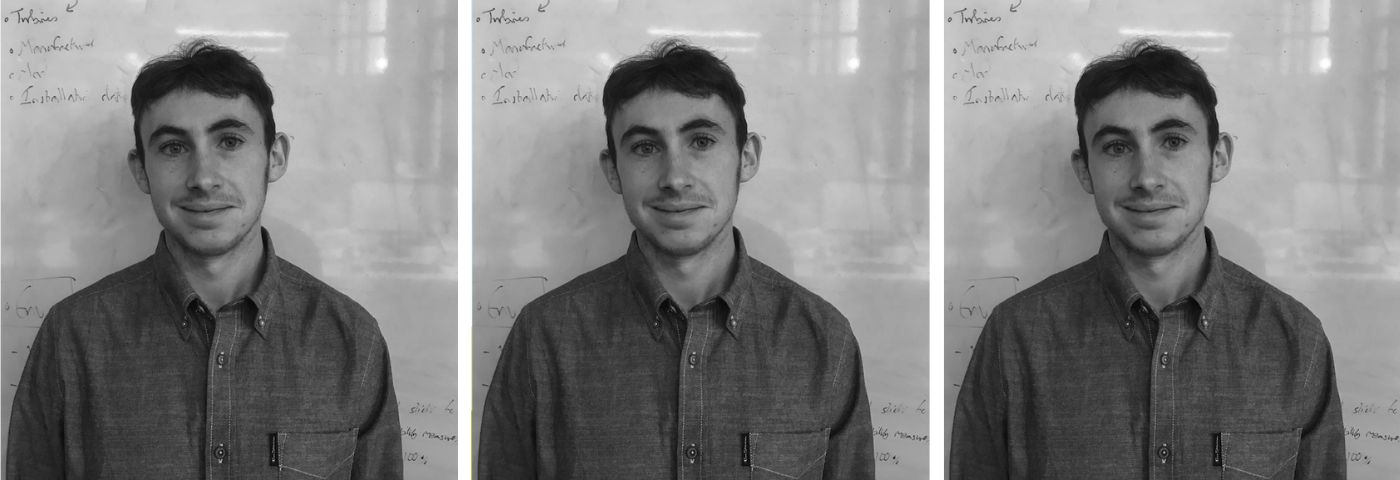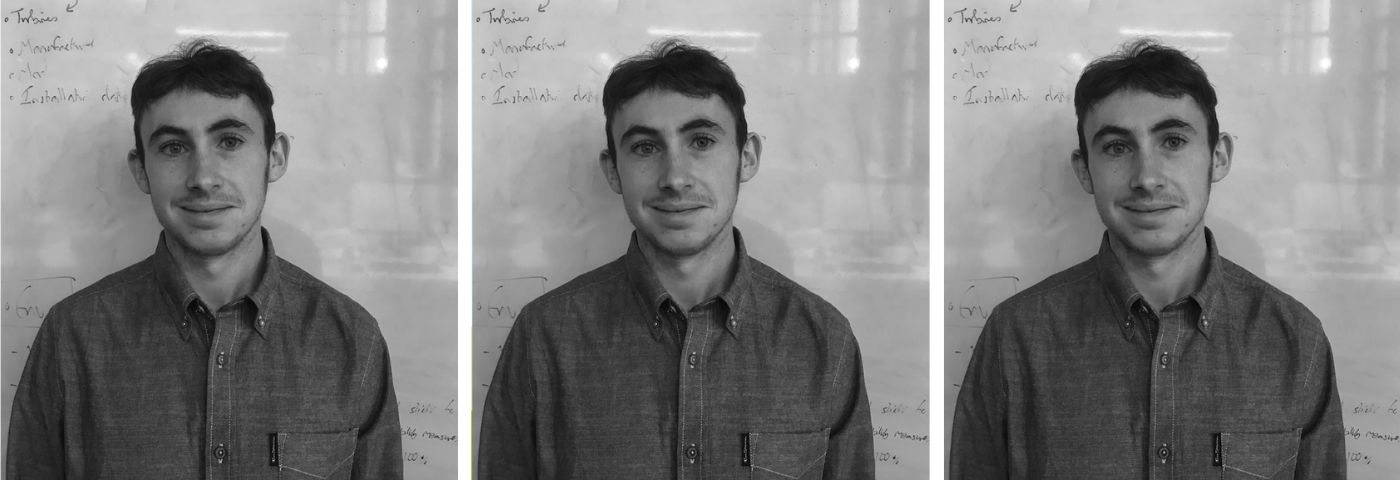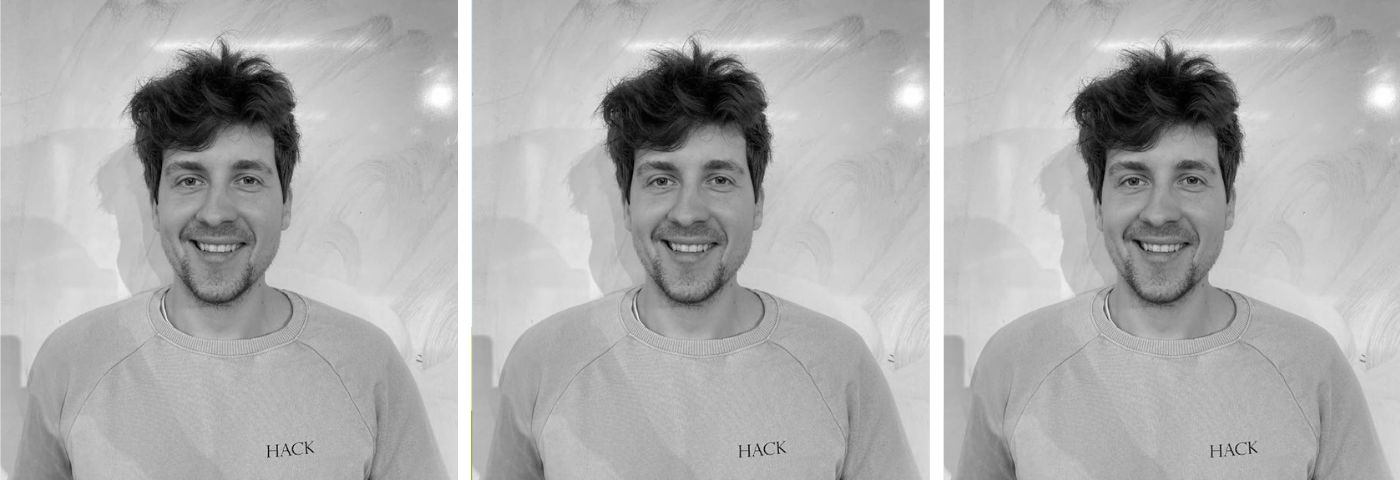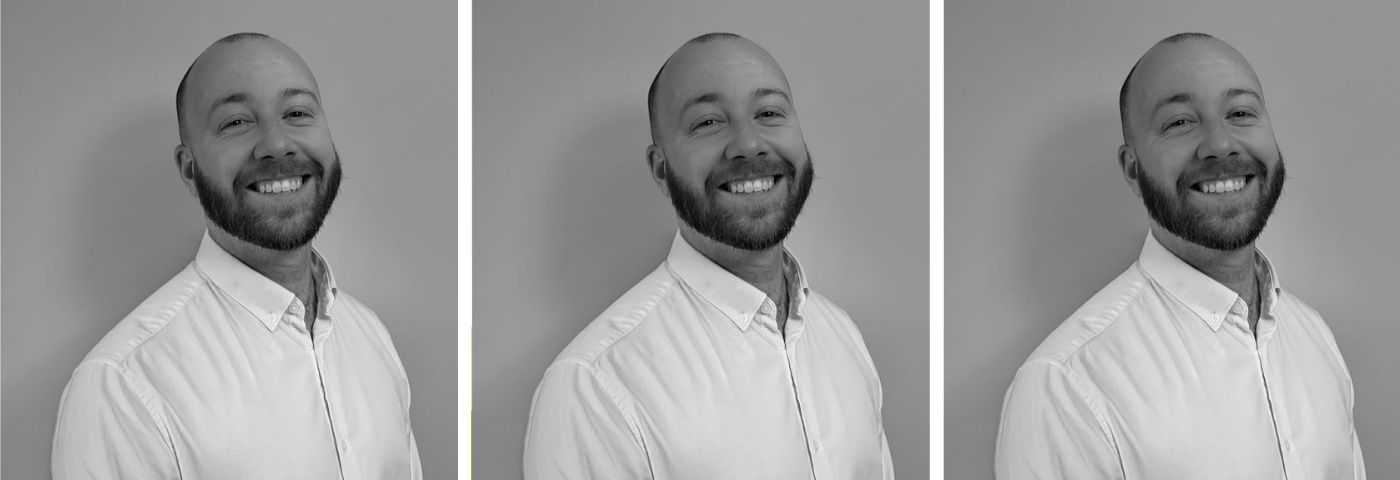Tell us about your role at Ada Mode? What do you do, and how long have you been a part of the team?
I am a Senior Data Scientist at Ada Mode and have been here for nearly 3 years after joining straight from my MSc in Data Science and a BSc in Physics. I would say that my role is actually somewhere between a data scientist and a consultant, as a lot of my work is client-facing alongside the technical side. Since joining Ada Mode, almost all my projects have been within the nuclear sector, an industry with a range of super interesting and complex challenges and problems to solve.
What does an average day look like for you?
Cliché though it may be, there really isn’t an “average” day for me - most days look quite different. Some are spent deep in programming, developing and exploring models, or building dashboards and other solutions. Others are more focused on the client side, with meetings and presentations to identify stakeholder needs, share progress and gather feedback. A big part of my time is also spent thinking through problems and discussing ideas with team members, making sure we identify the best approach before putting it into practice.
What’s your favourite thing about working at Ada Mode?
My favourite thing about working at Ada Mode is building practical solutions that provide real utility and value for our clients. I really enjoy the process of taking a complex problem, working through it with the team, and turning it into something that’s both usable and impactful. On top of that, most of my work has been in the nuclear industry, which is a particularly interesting space that offers the opportunity to tackle complex and challenging problems. I also really value working with talented and creative colleagues, whose ideas and perspectives push me to keep learning and growing. The flexibility of being part of a smaller team means I can explore different parts of the business, collaborate closely, and build strong relationships with clients along the way. I particularly enjoy the opportunity to work directly with clients - not only to understand their needs but also to build long-term partnerships as we develop solutions together.
Since joining Ada Mode, what has been your favourite project or challenge to work on?
I’ve worked on lots of interesting problems in my time at Ada Mode, but one project that stands out is a current one on predictive maintenance (PdM). This project, for a critical waste processing plant at Sellafield, uses high-frequency sensor data and historic downtime records to predict equipment failures before they occur - helping reduce downtime, risk, and cost, and ultimately supporting the route to decommissioning.
The work has required exploring a range of machine learning techniques, with a particular focus on framing the problem optimally and selecting/creating the most effective evaluation metrics. There have been many nuanced challenges along the way, including limited and non-uniform downtime records/behaviour profiles, which has pushed us to develop a tailored solution while also building a scalable methodology that can be applied elsewhere. The project includes a custom web app designed to deliver the solution directly to operators in the plant control room - emphasising the opportunity to provide real tangible value. You can read more about this project in this case study from an earlier project phase.
I’ve also really enjoyed contributing to the development of Atlas, our internal SDK (Software Development Kit). Building solutions through Atlas not only makes them reusable but also strengthens our internal knowledge hub, helping the whole team work more efficiently and consistently.
We're a company built on a passion for tech, what is it about AI technology that you are most excited about?
While all the recent developments in AI are certainly interesting, I’m more drawn to the classical data science and machine learning techniques, and to really mastering those foundations. I enjoy applying these methods thoughtfully to solve real problems, choosing the approach that best fits the task rather than chasing trends. For me, the most exciting part is seeing how AI, in all its forms, can deliver practical benefits and improve people’s lives.
Where do you see the industry heading in the next 3-5 years?
Over the next 3-5 years, I see AI becoming increasingly embedded in our daily lives, and for many it will soon feel strange to think back to how things operated before it was so integral. While there is understandable scepticism around AI and its potential for misuse, I personally believe it will benefit society greatly overall. It has enormous potential in science and medicine and can also serve as an incredibly powerful learning resource for everyone. AI is already encouraging people to work and think in new ways, challenging us to approach problems differently.
In industries like nuclear, adoption is a slower process, but it’s a space where human expertise and AI can work in partnership. Intelligent systems can enhance decision-making, help evolve our ideas, challenge our reasoning, and test our logic and rationality to its limits. At the same time, it’s an exciting time for British nuclear: the recent agreement on Sizewell C, advances in small modular reactor (SMR) technology, progress in fusion, and the growing demand for renewable power all point to a period of significant growth. The intersection of AI and nuclear therefore presents an incredible opportunity to apply advanced analytics and intelligent systems to some of the sector’s most complex challenges.
What do you enjoy doing when you’re not working?
When I’m not working, I enjoy playing and watching football, and look forward to seeing Liverpool retain the title once again this season. I also enjoy spending time with my family and friends (often with a Guinness or two), listening to music, running, and walking my dog in the New Forest. I’ve recently started playing chess and am currently ‘obchessed’ - come back to me next year and I might even tell you my ELO... if I haven’t sacked it off by then!
I’m also trying to learn Spanish and take weekly lessons with my tutor, Andres, who I would highly recommend to any readers looking to conquer the language. Most of all I enjoy spending time with my amazing partner Jade (who may or may not have demanded a shout out).
Recommend us your top 3 books/podcasts!
I’m not a massive podcaster and probably haven’t read enough books to have a definitive top three, but I’ve recently picked up a few Ancient Greek-themed books in preparation for a trip to Greece at the end of September:
- Travels with Epicurus by Daniel Klein - A reflective and humorous look at philosophy inspired by the teachings of Epicurus.
- The King Must Die by Mary Renault - A historical novel reimagining the story of Theseus and ancient Crete.
- The Odyssey by Homer - The classic epic following Odysseus’ long journey home after the Trojan War.
- The Greek Myths by Robert Graves - A comprehensive retelling of the myths that shaped Ancient Greek culture.
You’ll have to check back in after the trip to see whether I’d recommend any of them (or more likely whether I actually finished them!)
Damian Bemben wanted to ask you about the mathematics behind different AI models, so... take it away!
The mathematics behind AI models is incredibly rich, and one paragraph is never going to do it justice. At a high level, machine learning and deep learning models draw on foundations like calculus, linear algebra, probability, and statistics. Calculus underpins optimisation methods such as gradient descent, while probability and statistics are central to understanding uncertainty, modelling data, and evaluating model performance. Concepts like backpropagation in neural networks combine these principles to efficiently update model parameters during training.
Thankfully, there’s a wealth of material out there to help explain these concepts, including YouTubers like StatQuest with Josh Starmer (who also has a great introductory book: ‘The StatQuest Illustrated Guide to Machine Learning!!!’), 3Blue1Brown, and ritvikmath, among many others. These resources do a fantastic job of breaking down complex ideas in an accessible and engaging way and explain things far better than I ever could!
And finally, who should we speak to next and what should we ask?
Speak to Jack Lewis about the future of clean energy within the UK.



